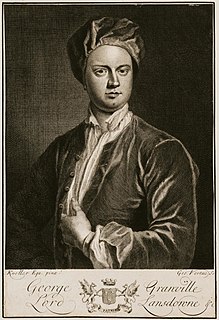A Quote by Epicurus
It is vain to ask of the gods what man is capable of supplying for himself.
Related Quotes
Long ago man formed an ideal conception of omnipotence and omniscience which he embodied in his gods. Whatever seemed unattainable to his desires - or forbidden to him - he attributed to these gods... Now he has himself approached very near to realizing this ideal, he has nearly become a god himself.
For the next fifty years this alone shall be our keynote - this, our great Mother India. Let all other vain gods disappear for the time from our minds. This is the only god that is awake, our own race - "everywhere his hands, everywhere his feet, everywhere his ears, he covers everything." All other gods are sleeping. What vain gods shall we go after and yet cannot worship the god that we see all round us, the Virât? When we have worshiped this, we shall be able to worship all other gods.
In the beginning the Gods made man, and fashioned the sky and the sea, And the earth's fair face for man's dwelling-place, and this was the Gods' decree: "Lo, We have given to man five wits: he discerneth folly and sin; He is swift to deride all the world outside, and blind to the world within: So that man may make sport and amuse Us, in battling for phrases or pelf, Now that each may know what forebodeth woe to his neighbor, and not to himself.
The truth wears longer than all the gods; for it is only in the truth's service, and for love of it, that people have overthrown the gods and at last God himself. "The truth" outlasts the downfall of the world of gods, for it is the immortal soul of this transitory world of gods; it is Deity itself.
God himself was once as we are now, and is an exalted man, and sits enthroned in yonder heavens! That is the great secret.... It is the first principle of the Gospel to know for a certainty the Character of God, and to know... that he was once a man like us.... Here, then, is eternal life - to know the only wise and true God; and you have got to learn how to be Gods yourselves... the same as all Gods have done before you.







































